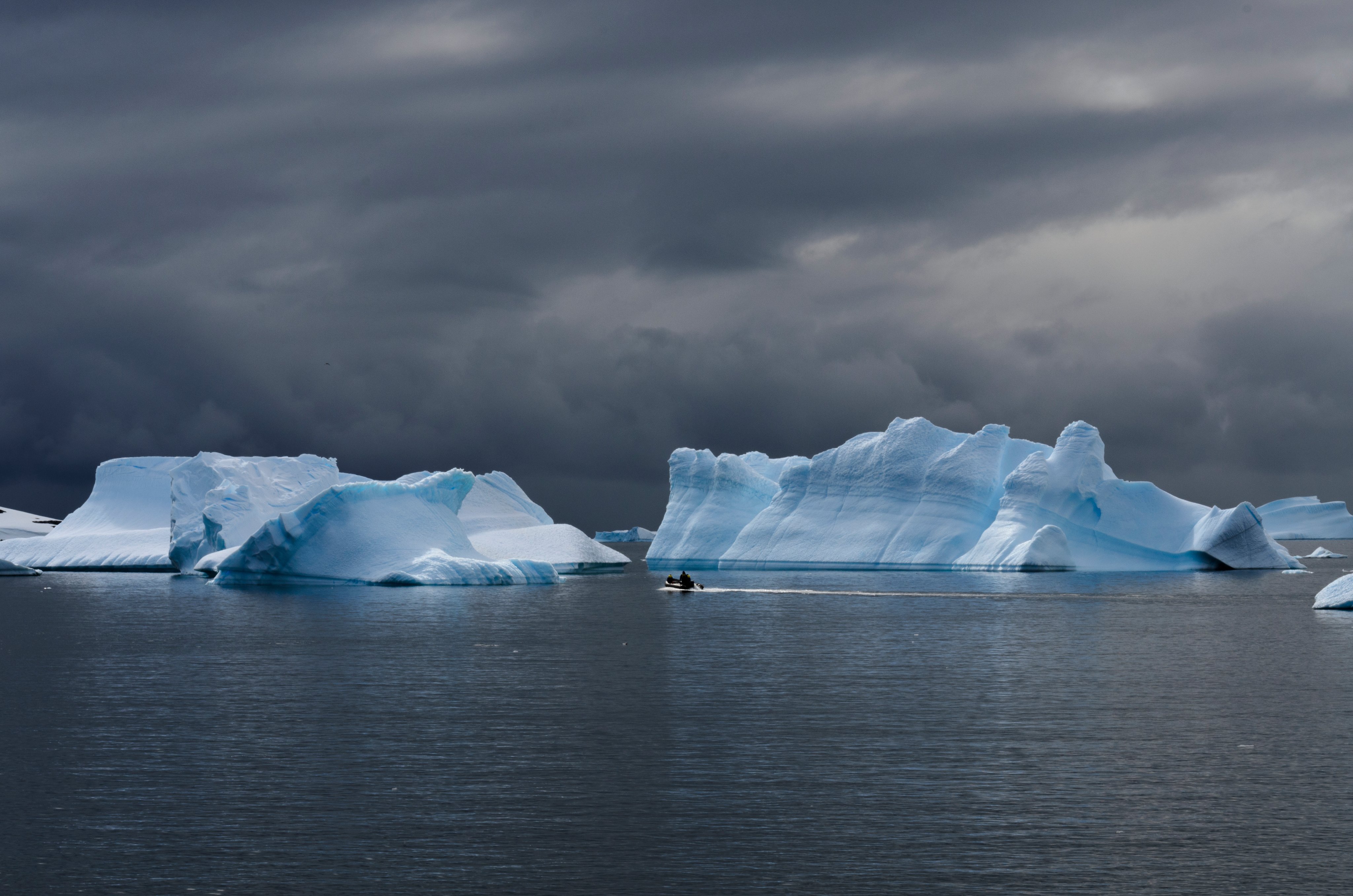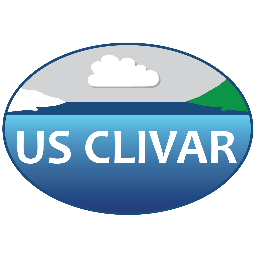
LynchLab
@TheLynchLab
Followers
351
Following
106
Media
19
Statuses
111
The Lynch Lab for Quantitative Ecology at Stony Brook University. Antarctic penguins, conservation, ecological forecasting. https://t.co/sFts5TOJRX, https://t.co/AKuRTVY3bt
Joined March 2019
Come hear me and Dr. Lynch @TheLynchLab talk about cool #dataviz storytelling ! will try to make it not boring:) #scicomm
How do you tell a story with your data? Join our Nov. 3 webinar to learn from #stonybrooku's Dr. Heather Lynch and @daisychungart. Learn more and register: https://t.co/FBZ9XhF03K
#scicomm
0
5
6
Catch Heather on the latest Data Science Mixer podcast! On Apple and Spotify!
Data Science, satellite imagery and... penguins? @TheLynchLab joins us to share how they use data science to study penguins and other species in Antarctica. #DataScienceMixer
https://t.co/e9YYFw3TmF
1
1
0
We are pleased to host Heather Lynch (Stony Brook University) at this Thursday's Phenomena, Observations, and Synthesis Webinar. Join us at 12pm EDT for the talk "Antarctic marine predator populations are difficult to forecast: Can climate models help?" https://t.co/nFrOLfKk4w
1
1
1
Latest paper out today! AI! Seals! Antarctica!
New paper! Q: When tourists take pictures of pretty things, can those pictures and #AI help us answer conservation questions? A: Yep. Even in Antarctica. with @TheLynchLab @katelynherman07 @cmrfoley @Thorne_LH and others! https://t.co/7eZdAxg0hH
0
0
5
#LeshnerFellow & @stonybrooku Prof. Heather Lynch studies population dynamics of Antarctic wildlife (🐧🐋🦭), with help from satellite annotation tools developed by her group at @TheLynchLab. Her #SciEngage includes writing a script for a TV drama exploring ethical issues of AI.
1
1
3
Join us for @AlexAdelante's dissertation defense tomorrow morning!
Almost time! Defending my dissertation at 11:30 ET tomorrow! Tune in to hear about Antarctica, penguins, seals, and data! Streaming live on FB: https://t.co/ptrT7H7Oyb
0
0
3
On Elephant Island in the Antarctic Peninsula, chinstrap penguin populations have declined by 50% since 1970. Marine protections in the region could help. https://t.co/PA2JgfjFTK
#PenguinAwarenessDay
0
8
10
Excited to announce the results of a big collaboration. Where are the most important #penguin areas? Where could they benefit from stronger protections?
New #penguin research further reveals how network of proposed #MarineProtectedAreas #MPAs can support #Antarctic wildlife. 🐧Evidence for decision makers #CCAMLR. Read paper📜 👉🏼 https://t.co/2xGuGVZZZS
#BirdLifeScience
0
1
12
But there was a curious geographic difference. On the south shore, the declines were much worse than on the north shore - 73.2% compared to 20.5%.
0
0
1
Overall, the Chinstrap population declined on Elephant, and the Gentoo population doubled. But it's a little more complicated. The largest colony "Chinstrap Camp" declined by 70%. All together, it was a 57% decline on the island.
1
0
1
Of course since then, the effects of climate change have become much clearer, especially in the polar regions. Elsewhere, we've seen some big declines in Chinstrap populations and Gentoo penguins moving in
1
0
0
We headed to Elephant Island in Jan. on an expedition with @Greenpeace to survey Chinstrap penguins. In the 70s, a British team had done the same, but the island hasn't been surveyed broadly since.
1
0
0
Elephant Island is a window into a changing Antarctica. Read the new paper from @NoahStrycker @AlexAdelante @wethington_mj (A thread) https://t.co/ivjKZHdnGe
researchgate.net
Request PDF | Fifty-year change in penguin abundance on Elephant Island, South Shetland Islands, Antarctica: results of the 2019–20 census | Elephant Island sits on the front lines of ecological...
1
6
8
This year we're taking an expedition to GANtarctica
Since the field season is cancelled, I decided to make some fake photographs of Antarctica using a GAN on @runwayml Sometimes they're really good. Sometimes it gets very confused. Follow along on the expedition: https://t.co/L2RR55FYma
0
0
3
"While nothing beats the experience of being up close and personal with wildlife, satellite imagery gives us an entirely new perspective on Antarctica and a fighting chance to protect the continent's most vulnerable animal populations"
Today for #GeoWeek, we’re highlighting the work of Explorer Dr. Heather Lynch (@thelynchlab). As a quantitative ecologist, she has helped pioneer the use of satellite imagery for studying the presence, abundance and even diet of Antarctic penguins! 🐧
0
0
7
Lynch Lab podcast alert with @AlexAdelante! What do we get up to in Antarctica? Listen and find out! https://t.co/IdsLWcpXcx
creators.spotify.com
Alex Borowicz is a PhD student at Stony Brook in New York, and he describes his research as where things are and why they're there. He studied Antarctic wildlife like Weddell seals, whales, and if...
Want to hear me talk about #penguins, #Antarctica, ocean trash and @science? Check out the new podcast episode from @flyingcypress! Mercury in ancient seals, a barrel marked "POISON" from our recent @Greenpeace expedition, and whales from space!
0
0
2
Looking from land, air, and space, the story of Chinstrap #penguins these days is mixed. Some very dramatic declines, fewer increases, and some we're only assessing for the first time. 🐧🛰📉 The short story: we have 3.4 million breeding pairs. https://t.co/KolzEdTmEC
0
4
11
A global assessment of Chinstrap penguin populations! Hot off the presses! Work from @NoahStrycker @wethington_mj @AlexAdelante @penguin_watch and @TheLynchLab And it's #OPENACCESS!! https://t.co/n1rHKthcfQ
0
11
20










